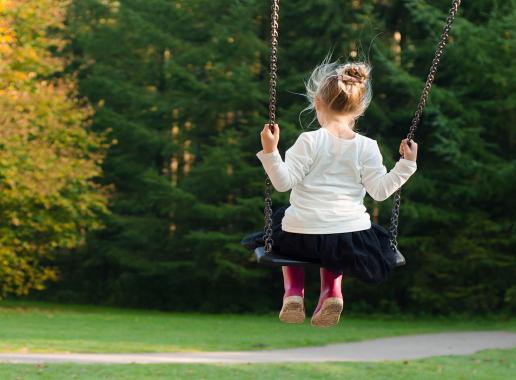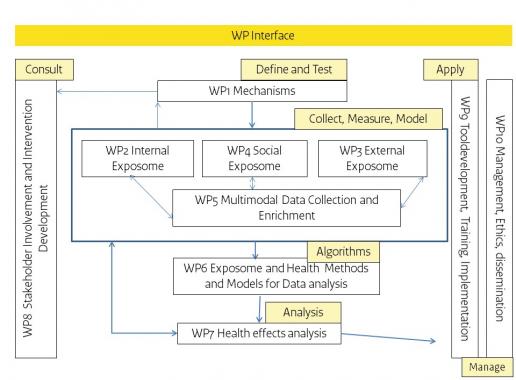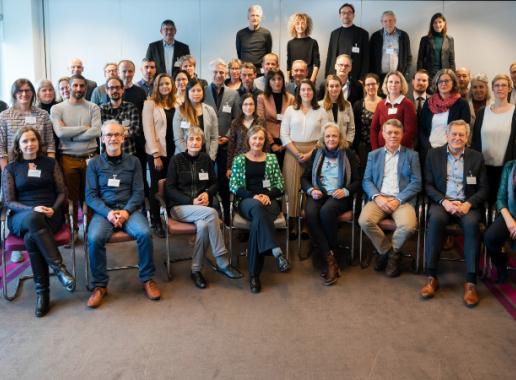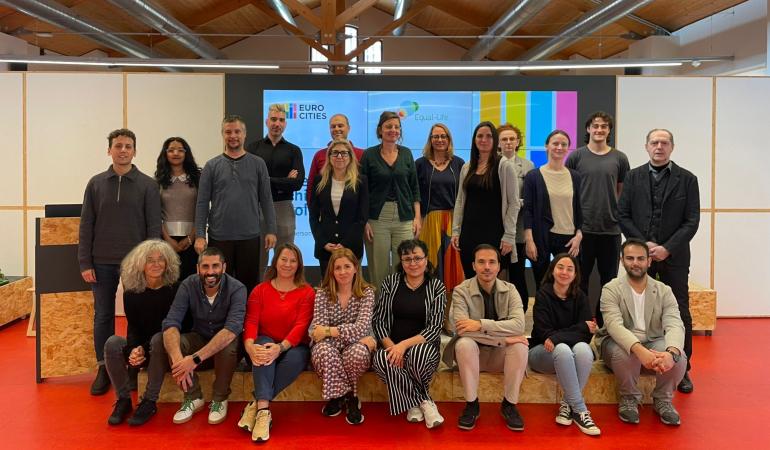Welcome to Equal-Life: Understanding how our environment shapes children’s mental health & cognitive development
Mental health is influenced by a complex mix of genetics, psychological factors, life experiences, and the environments in which we live. Scientists are now using a new concept called the "exposome"—which looks at all the exposures a person encounters from conception onwards—to better understand how our surroundings affect our health.
The EU-funded Equal-Life project is at the forefront of this research. We bring together experts from across Europe to study how both external factors (like our environment and social circumstances) and internal factors (such as our body’s own responses) impact children’s mental health and development as they grow up.
By combining data from many sources and examining children and adolescents at different stages of life, we aim to identify what environments are most supportive for all children. The goal? To generate knowledge to propose how we build healthier futures for all children.
Animation: Equal-Life explained
Equal-Life: creating a healthier future for all children.
Before and after you are born, you feel, hear, eat, drink, see and breathe many things in your environment.
Inside the belly of your mother, the place where you are born, and the home where you grow up.
But it does not stop there.
Think about where you live, is there a lot of green space?
Are there many buildings around you, or many cars passing by?
And how is your social life?
Is your family big or small?
Do you feel cared for?
Do you feel safe?
Do you play with friends outside, or do you spend most of your time online?
Our environment contains things that interact with us and each other all the time.
Altogether, we call these things 'the Exposome'.
Remember the Green Park you like to play in?
This is part of your physical exposome.
And your friends in school?
They are part of your social exposome.
And you know what?
Our body and its functions can have an impact on your life too.
We call that the internal exposome.
The whole exposome influences our development and health, both positively and negatively.
This is what the project 'Equal-Life' is interested in: how the exposome affects the mental health and cognitive development of young people like you.
It is important to study this, because mental health challenges and difficulties in learning can have lifelong effects on young people's quality of life.
Also, the differences in health between people in Europe are growing.
This causes unfair differences in health and opportunities in the future for young people.
Equal life tries to understand how we can use knowledge about the exposome to make environments safer and healthier for them, instead of environments being a danger to young people's development and growth.
When we understand this relationship between the exposition and mental health and cognitive development, we can think of different ways to improve the environments of all children.
What do we need in order to do this?
We need information from children and young people in Europe about how they live, sleep, feel, eat, play and learn.
We also need researchers, cities, schools and health organizations to work together.
Equal-Life already has information for almost 250,000 young people from seven countries.
We will also collect new data in different countries and age groups.
Thanks to projects like Equal-Life, we will know better how to make living environments places where all children and adolescents will have equal opportunities and safeguard their future health.
We aim to create a healthy environment for young people.
Learn more about the project at: equal-life.eu or email us directly at: info@equal-life.eu.
View with various subtitles
Latest news
More newsPart of the European Human Exposome Network
Equal-Life is part of the European Human Exposome Network (EHEN), comprised of nine projects selected from one call. The European Union has helped create this network through its Horizon 2020 Framework Programme for Research and Innovation. The initiative represents a significant EU-endorsement to the relatively young field of exposome research. The goal of all nine large-scale research projects is to understand health impacts during lifelong environmental exposures.






